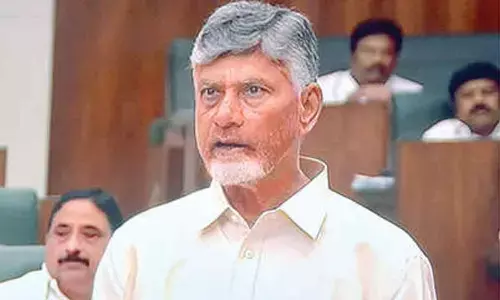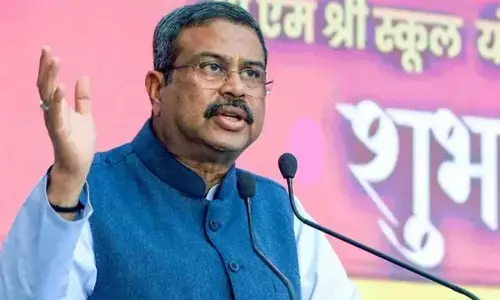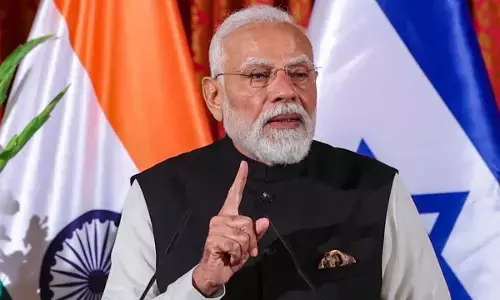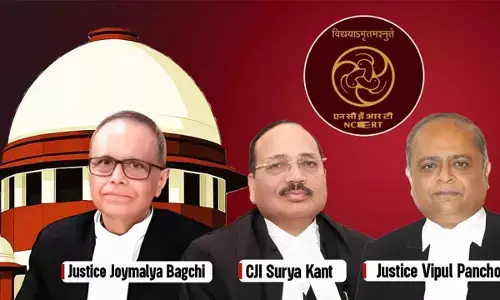Redefining judiciary role in Indian renaissance - I
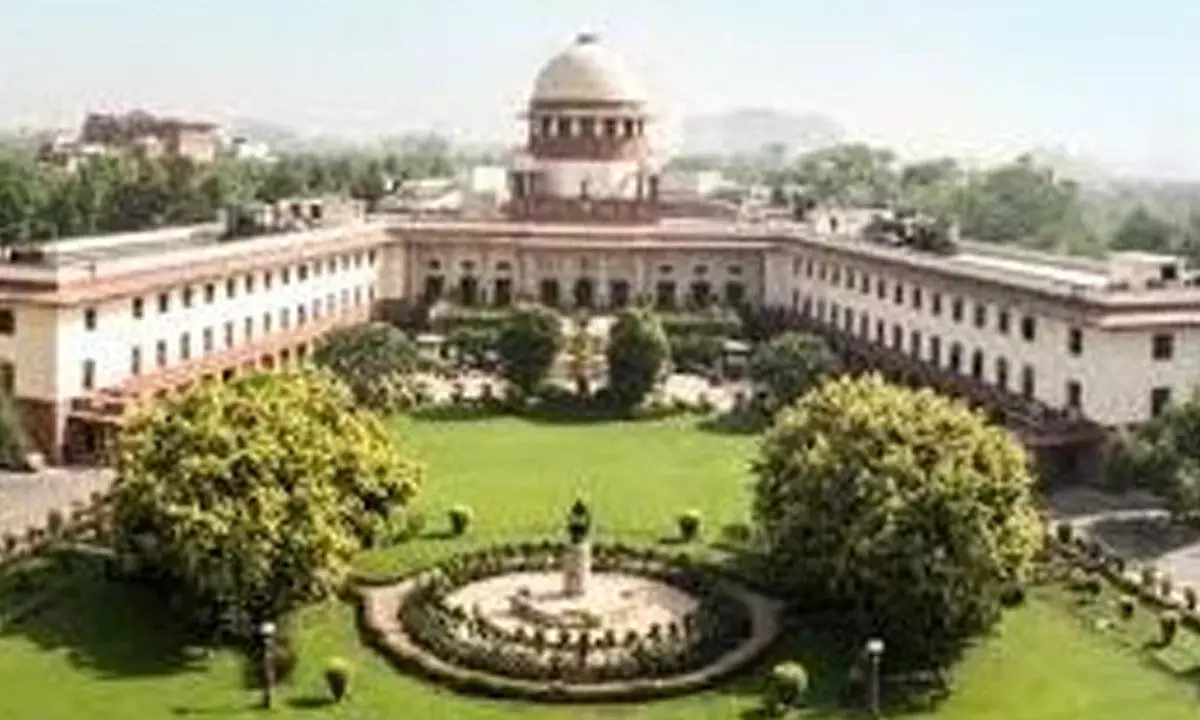
The judiciary is a key player in the functioning of a constitutional democracy (be it unitary or federal).
The judiciary is a key player in the functioning of a constitutional democracy (be it unitary or federal). What is unique about India is that its Constitution has bestowed upon it extraordinary powers more than any other institution. This Apex Indian Court can nullify executive acts, parliamentary laws and amendments to the Constitution. It also has the power to initiate cases independently, appoint “friends of the court” to help it in cases, and set up expert panels to aid in its decision-making process. The Indian apex court is now not only the most powerful court in the world, but also virtually the ‘sole superpower of India’. That was because our founders had opted for a kind of hybrid system of governance — a cross between the unitary and the federal — and in their anxiety to make it work, they probably felt that a supremely powerful supreme court was the only way to resolve resultant issues. The result presents a paradox: it is not unconstitutional, but it is undemocratic. It is not ‘unconstitutional’ or extra-constitutional because the Constitution gives that mandate. But, it is ‘undemocratic’ because it has come to function in a way it disturbs the delicate balance and boundaries in the sedation of powers between legislature, judiciary and executive, which is fundamental to a democracy. It has also acted in several instances in the grey areas separating its role from the other two. Behind that is a startling mindset openly voiced by a former Chief Justice of India (CJI) who said that “they (the founding fathers) trusted the competence of the men and women who would adorn the Bench, in upholding the Constitution…”.
The ‘framers’ of the Constitution had ‘consciously decided to leave out the judiciary from all accountability’ and had put it on a ‘different pedestal’. Such a claim coming from a then sitting Chief Justice was audacious but went unchallenged. Such is the awe that a CJI in India evokes. That is now the accepted wisdom and governing philosophy of the judges. Some might say it is a lesser evil in today’s India, but it is undemocratic, for whatever it is worth.
The ‘bench’, let us not ignore, includes not only the 34 judges of the Supreme Court but also the 1,114 judges of the high courts. They too have similar powers as those of the Supreme Court. The net result is the transformation of ‘the Court’s present role and status as an institution of governance’. Over time, the courts made many innovations like public interest litigation, suo moto notice, special leave petitions, on a wide spectrum of cases, some that ought to remain in the executive domain like a rape-murder which the Supreme Court took suo moto notice of.
We must bear in mind that the time for these high-profile cases comes at the expense of other routine but more deserving cases. That is one reason why there is such a big backlog. This added mandate almost superseded its original, appellate and advisory mandates. For example, it is said that in the Supreme Court, special leave work occupies 85% of the admissions. And it is the rich, famous and the powerful that have any chance of being heard; others cannot afford the fabulous fees senior lawyers charge per appearance. Not only that: in case any in the select group — which includes politicians and movie stars — gets into legal trouble, their cases (like grant of bail) move with lightning speed. And public interest litigation has become the ‘Political Interest Litigation’.
What is ironic is that the same CJI who said that our founders had deliberately intended to make judiciary unaccountable also candidly said that “These days we [judges] are telling everyone what they should do but who is to tell us? We have the task of enforcing the rule of law, but it does not exempt and even exonerate us from following it.” Judges are not only enforcing the ‘Rule of Law’, they are making laws, creating rights where none existed, and passing judgments that are almost unenforceable.
In the Parliament, the government and the opposition are so pathologically hostile to each other — it is like the parable of two fighting cats and the monkey eating the bun — that every law passed by the parliament is getting challenged by the Opposition in the Supreme Court, and most are admitted. The mutual hostility is so much that they are willing to cede the powers of parliament for short-term political gain. ‘Unelected’ judges select themselves and deny any say to the ‘elected’ executive in the name of ‘judicial independence’, insulating themselves from all accountability and even transparency. As a cumulative consequence, many observers feel that the judiciary is crossing the line between judicial review and judicial over-reach, and between judicial activism and judicial adventurism.
(To be continued; writer is a retired IAS officer)



